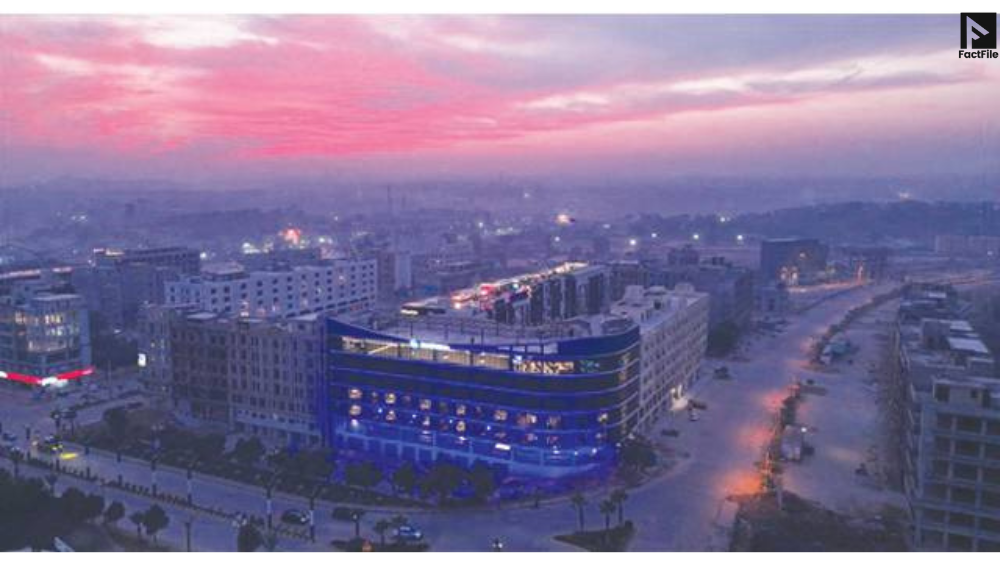Hania Aamir, a beloved Pakistani actor and rising star, has garnered a lot of praise in both Pakistan and India.
Tensions between India and Pakistan have taken another turn, while this time in the digital world. In a recent move, the Indian government has restricted access to the social media accounts of several well-known Pakistani celebrities, including Hania Aamir, Mahira Khan, Ali Zafar, Sanam Saeed, Bilal Abbas, Iqra Aziz, Imran Abbas, and Sajal Aly.
This decision comes in the wake of a tragic terror attack in Pahalgam, which claimed 26 lives. Following the incident, India has tightened its stance on Pakistani content, both online and on other platforms.

Indian users trying to access these celebrities’ Instagram accounts now see a message saying the profiles are not available in India. The message cites legal reasons for this restriction.

The crackdown didn’t stop there. India has also banned the official YouTube channel of Pakistan’s Inter-Services Public Relations (ISPR), blocking its access to viewers inside the country.
These actions are seen as part of a wider attempt to cut off Pakistan’s cultural influence in India. It’s a significant shift, especially considering how art, music, and entertainment once helped build bridges between the two nations.
Popular Pakistani actor Hania Aamir, who has a strong fan base in both countries, is among those affected. Fans in India expressed disappointment on social media, saying art and culture should not be dragged into politics.

Indian screenwriter Javed Akhtar recently commented on the tense situation, saying it’s not the right time to talk about cross-border artistic collaborations. He added that perhaps these conversations can happen when both sides are ready for peace.
The decision has sparked mixed reactions. While some see it as a firm political move, others believe it’s a step backward for cultural exchange and mutual understanding between two neighboring nations.
Hania Aamir, a beloved Pakistani actor and rising star, has garnered a lot of praise in both Pakistan and India.
The move to restrict Pakistani content goes beyond social media. The Indian government has also banned the official YouTube channel of the Pakistan Army’s ISPR, further reducing access to Pakistan’s military propaganda inside India.
The new restrictions signal a shift towards a more hostile cultural policy, effectively closing the doors to artistic exchange that once flourished between the two countries. The move highlights how India’s crackdown on Pakistan’s soft power transcends politics and has now entered the realm of cultural expression.
Earlier, Indian screenwriter Javed Akhtar called the situation a time of “no warmth” in cultural relations. Akhtar asserted that any talk of allowing Pakistani artists to work in India was now irrelevant, stressing that it was time for the two countries to reconsider such questions in a more peaceful environment.





